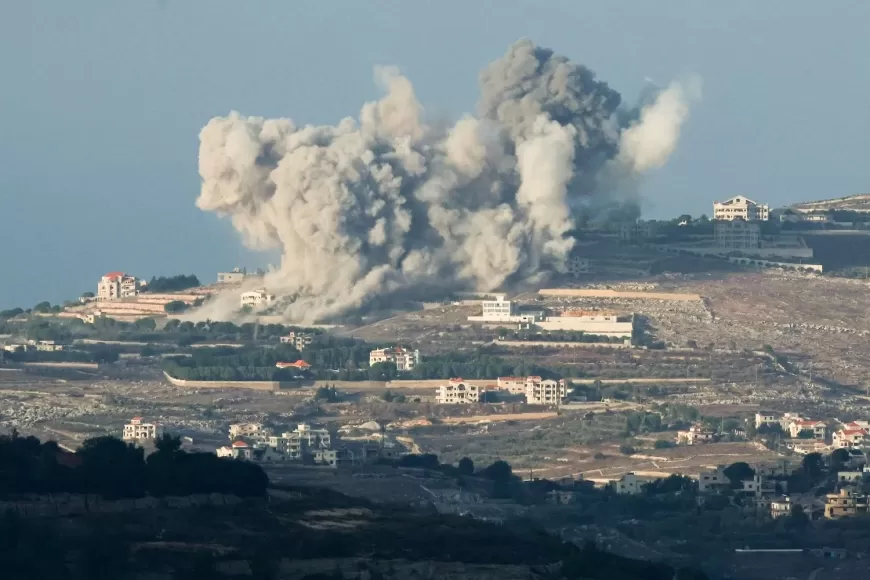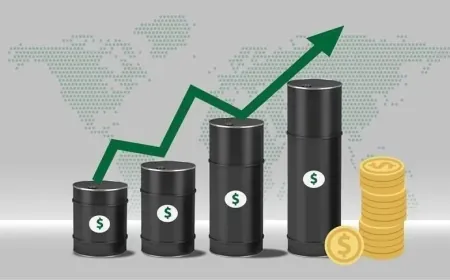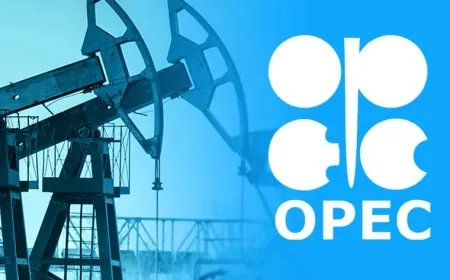Oil Prices Surge as Israel Plans Retaliation Against Iran’s Missile Attacks
Oil prices rise sharply following Israel's vow to retaliate against Iranian missile strikes. Market volatility surges amid supply concerns

Oil prices have surged to their highest level in a month after Israel vowed to retaliate against Iran for launching around 200 ballistic missiles. This escalation raises serious concerns about the stability of crude oil supplies from a region that plays a crucial role in the global market.
Significant Price Movements
On Tuesday, Brent crude oil prices jumped above $75 a barrel, reflecting a notable increase of over 5% in response to the Iranian missile attacks. Traders are reacting to these developments by ramping up options volatility, which has reached an 11-month high. This surge indicates a growing sentiment that oil prices may rise further, given that the Middle East accounts for about one-third of the world’s oil production. Other safe-haven assets, including gold and US Treasury bonds, have also seen gains as investors seek security amid uncertainty.
Historical Context of Tensions
The tension between Israel and Iran has intensified since the Gaza conflict erupted nearly a year ago, primarily involving Iranian-backed Hamas. Although there have been previous spikes in oil prices due to geopolitical tensions, these increases have often been short-lived, particularly when oil production has remained uninterrupted. Recent data from Bloomberg indicates that Iran’s oil production stood at approximately 3.3 million barrels per day in September, suggesting steady output despite the ongoing conflict.
Harry Tchilinguirian, head of research at Onyx Capital Group, commented, “We are currently observing a gradual rise in Brent prices as the market waits for Israel's reaction.” He noted that investors appear less willing to overlook the geopolitical rally this time, especially with the Israeli government seemingly prepared for a robust response.
The Impact of Geopolitical Risks
Earlier this year, Iran and Israel exchanged attacks, with Iran launching missiles and drones in April. However, those attacks had limited impacts on oil prices, which eventually dropped by over 3% following Israel's retaliatory strike.
Analysts from Goldman Sachs, including Yulia Zhestkova Grigsby, have pointed out that while geopolitical risks have increased, the overall risk premium on oil remains moderate. They emphasize that oil prices are sensitive to potential supply disruptions, making the market highly reactive to ongoing developments.
OPEC+ Meeting and Future Production Plans
As the situation unfolds, OPEC+ is set to hold a virtual meeting of its technical panel on Wednesday to evaluate the global oil market. The group is considering reviving some of its previously idled production starting in December, a plan that had been delayed earlier.
Also Read: US Oil Giants Paid Over $42 Billion to Foreign Governments in 2023 – New SEC Disclosures Reveal






























































